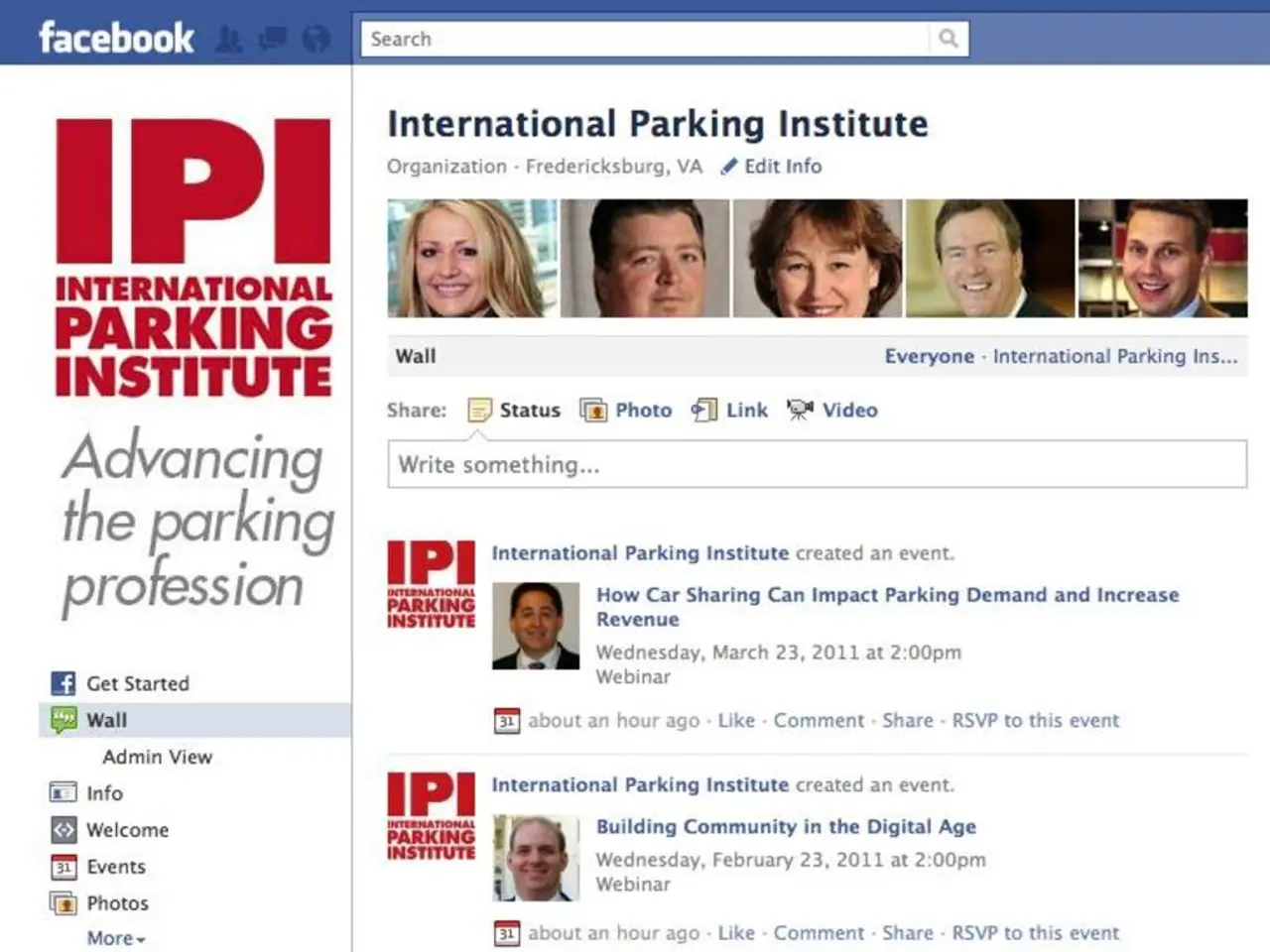Online Aggression in Gaming Communities: Study Reveals Aggressive Social Interactions Among Gamers
In the ever-growing world of video games, incidents of hostility, bullying, and discrimination remain significant issues. A recent survey conducted by the Bertelsmann Foundation, involving 6,435 internet users aged 16 to 89, found that 38% of gamers were often or quite often subjected to sexist, homophobic, or transphobic harassment in multiplayer games.
This hostile behavior often includes hate speech, harassment, and extremist content, which gaming platforms are increasingly trying to moderate more aggressively to improve player safety and inclusion. Despite growing awareness and efforts to police these negative behaviors, toxicity persists as an ongoing challenge in online gaming environments.
The gaming industry's scale—a global market projected to reach $691 billion by 2029 with billions of players—amplifies the scope of these social issues. The competitive nature of multiplayer and esports communities can exacerbate bullying and discriminatory conduct, making content moderation and community management vital.
The survey, which involved 1203 gamers, also revealed that 38% of them were often or quite often insulted while gaming. Hundreds of thousands of gaming fans are expected to attend Gamescom, the world's largest trade fair for video and computer games, taking place in Cologne from Wednesday to Sunday.
Jessica Gerke, a youth expert at the Bertelsmann Foundation, stated that gaming communities reflect many of society's problems. Homophobia and anti-feminism were also relatively widespread among intensive gamers. Loneliness is more prevalent among gaming enthusiasts, with 58% of them being moderately or severely lonely, compared to 43% of all respondents.
The competitive nature of gaming communities can also lead to political engagement. Gaming enthusiasts are more likely to participate in political debates or express political interest compared to the general population. Joachim Rother, another Bertelsmann expert, states that gaming communities are important channels for political opinion formation and learning democratic rules.
However, it's not all negative. Industry efforts toward accessibility and inclusion, including advocating for people with disabilities and combating discrimination, are part of evolving social expectations for game companies globally.
In summary, hostility and discrimination in video gaming are widespread, particularly affecting women and LGBTQ+ players. Efforts to address these issues are intensifying amid the gaming community’s rapid expansion and transformation. Gamescom, with its kick-off event scheduled for Tuesday evening and doors opening to visitors on Wednesday morning, serves as a platform for these discussions and the ongoing quest for a more inclusive gaming environment.
Read also:
- CEO Efe Cakarel of film platform Mubi addresses controversy regarding new investor and Israeli military ties, establishes advisory board and fund to safeguard artists under threat.
- Energy Minister of Malawi, Ibrahim Matola, heads Malawian delegation for a knowledge exchange on BESS (Battery Energy Storage Systems), a trip held in India. This exchange is backed by the Global Energy African Partnership Program (GEAPP).
- India's efforts to lessen reliance on China for scarce earth minerals
- Milestones Achieved by Park University in Its Initial Two Decades (2000-2020)








